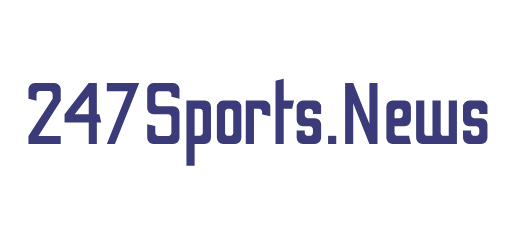Irish Rugby Stars Secure Lucrative Contracts – A Strategic Shift in Player Retention
Munster has successfully navigated a complex contractual landscape, securing the services of a key player through a Player of National Interest (Poni) agreement. This move underscores a broader strategy within Irish rugby to retain talented individuals who, while not consistently in the starting lineup for the national team, remain vital to the program’s success.
The Poni Route: Balancing National and Provincial Ambitions
The Poni system, a mechanism allowing players to contract with provincial or overseas clubs while remaining linked to the IRFU, has become increasingly prevalent. It’s designed to prevent talented players from being poached by English or French clubs, potentially weakening Irish rugby’s depth. Previously, the IRFU held significant leverage, but this approach aims to retain control while offering players competitive compensation.
In this specific instance, the player, Jack Crowley, decided to accept a deal involving Leicester Tigers and Munster, demonstrating both the attractiveness of the English Premiership and the ongoing commitment of Munster to its key personnel. The financial details, exceeding €750,000 per year, highlight the significant investment being made to secure top talent.
Financial Details and Strategic Considerations
Crucially, this contract sits comfortably within the regulatory framework surrounding Poni agreements. The IRFU retains a degree of influence through a ‘right of first refusal’ on any player returning to Irish rugby, though this is often superseded by a player’s desire for a specific environment or compensation package. The increased financial outlay reflects a recognition that retaining individuals like Crowley – possessing considerable potential and proven ability – is strategically invaluable.
“This isn’t just about a player moving clubs,” explained a source close to the IRFU. “It’s about long-term planning and ensuring we maintain a strong pool of talent capable of competing at the highest level.”
Looking Ahead: The Future of Player Retention
This decision sets a precedent for future negotiations, suggesting that the IRFU is willing to invest heavily in retaining players who represent a significant contribution to Irish rugby, even if they don’t consistently feature in the starting XV. The success of this approach hinges on continued dialogue and a willingness to adapt to the evolving commercial pressures within the sport.
Frequently Asked Questions
- What is a Poni agreement? A Poni agreement allows a player to contract with a provincial or overseas club while remaining linked to the IRFU.
- Why is the IRFU using this approach? To retain talented players who might otherwise be poached by English or French clubs.
- What are the financial implications? Poni agreements can involve substantial compensation packages, reflecting the value of the player.
Did you know? The Poni system was initially introduced to address concerns about Irish players being lured away by significantly higher salaries in England and France.
Pro Tip: Following this example, other provincial rugby unions may find it increasingly difficult to retain their star players without adopting a similar, financially-driven strategy.
Reader Question: How does this agreement impact the future competitiveness of the Irish national team?
Call to Action: Share your thoughts on this contractual move in the comments below!

